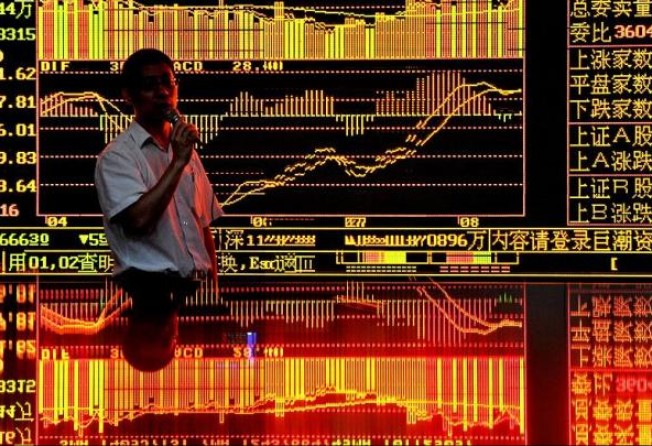Competition for 'star analyst' status could be losing its lustre

Here is a story that many analysts on the mainland probably won't tell you. It's the story behind the story of how analysts actually become known as "stars".
Every year for the past decade around this time, the big bosses in charge of research teams at all the major securities firms such as Citic Securities and Shenyin Wanguo Securities are focused on one thing: lobbying their clients - mostly fund managers - to vote for their analysts to be among the "best analysts in China", an annual contest run by mainland business magazine New Fortune.
In Hong Kong, aside from financial professionals, few people are familiar with the Chinese-language magazine. New Fortune is not known for breaking news or investigative pieces like its influential peers, Caixin and Caijing. When it comes to ranking the country's analysts, though, it is New Fortune that has the clout.
Part of the reason the magazine's best analysts list is important, industry veterans say, is that New Fortune carved out this niche at a time when there was little coverage of equity markets on the mainland, so it has first-mover advantage.
Over the years, more people in Chinese investment circles began to consider New Fortune's list as the Chinese equivalent of the annual rankings by the respected American magazine Institutional Investor, which doesn't cover mainland analysts but concentrates on the likes of Bank of America-Merrill Lynch and Goldman Sachs.
Such global banks lust after the glory, too, sometimes pitching for hundreds of awards across various regions they operate in, figuring it helps raise their profiles. Strict internal controls and anti-graft laws in the US and Europe, however, usually limit their lobbying efforts to a nice dinner.
But firms in China can go to great lengths in reaching for the stars. For example, a second-tier securities firm last year lobbied its clients to vote for the firm's textile analyst as the "best textile and garment industry analyst" by hosting them to a lingerie fashion show featuring beautiful young female models.
Industry veterans say other firms have treated voters to a free trip to Hainan Island, famous for sand and sun, for a "research seminar" just a few months ahead of the voting deadline, or showered potential voters with pre-ballot tokens of appreciation in the form of iPhones and iPads.
Usually, the higher the rank an analyst attains, the bigger the pay and bonus. "Star analysts" are then aggressively marketed by their employers to lure business.
But this year some former participants have had second thoughts. Beijing-based Harvest, one of the mainland's biggest fund managers with more than 200 billion yuan (HK$245.4 billion) under management, already announced it won't be voting on analysts, citing "some unreasonable factors" as a reason to quit the decade-long game.
And from the contestant ranks, Gao Shanwen, the chief economist for Shenzhen-based Essence Securities, said early this year he would not participate. Gao's team was ranked No 4 for mainland macroeconomic research in the magazine's best analysts list last year.
George Chen is the Post's financial services editor. Mr. Shangkong appears every Monday in the print version of the SCMP. For more, visit scmp.com/mrshangkong